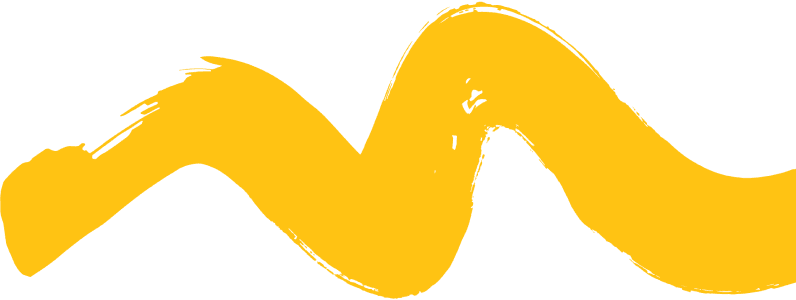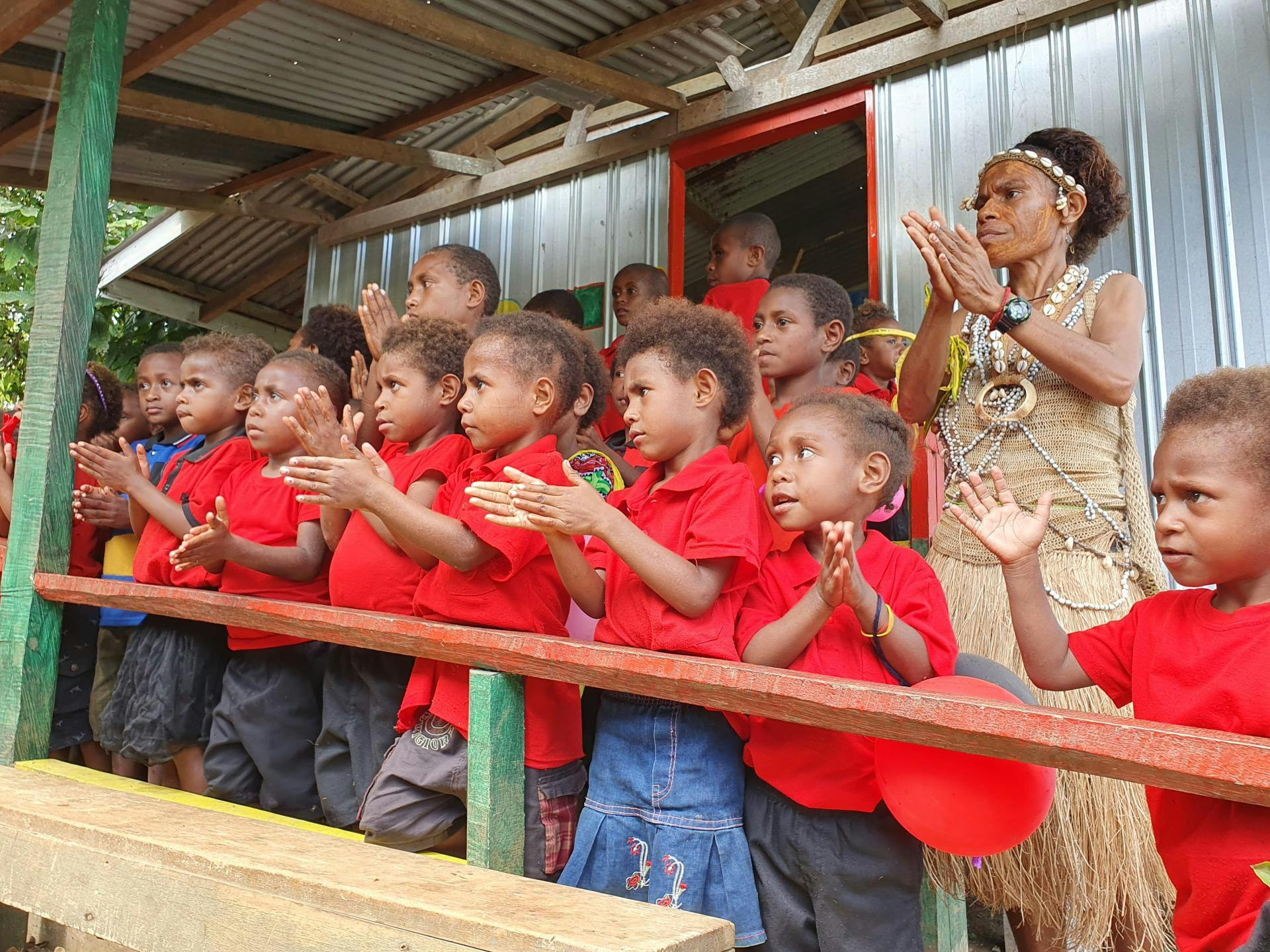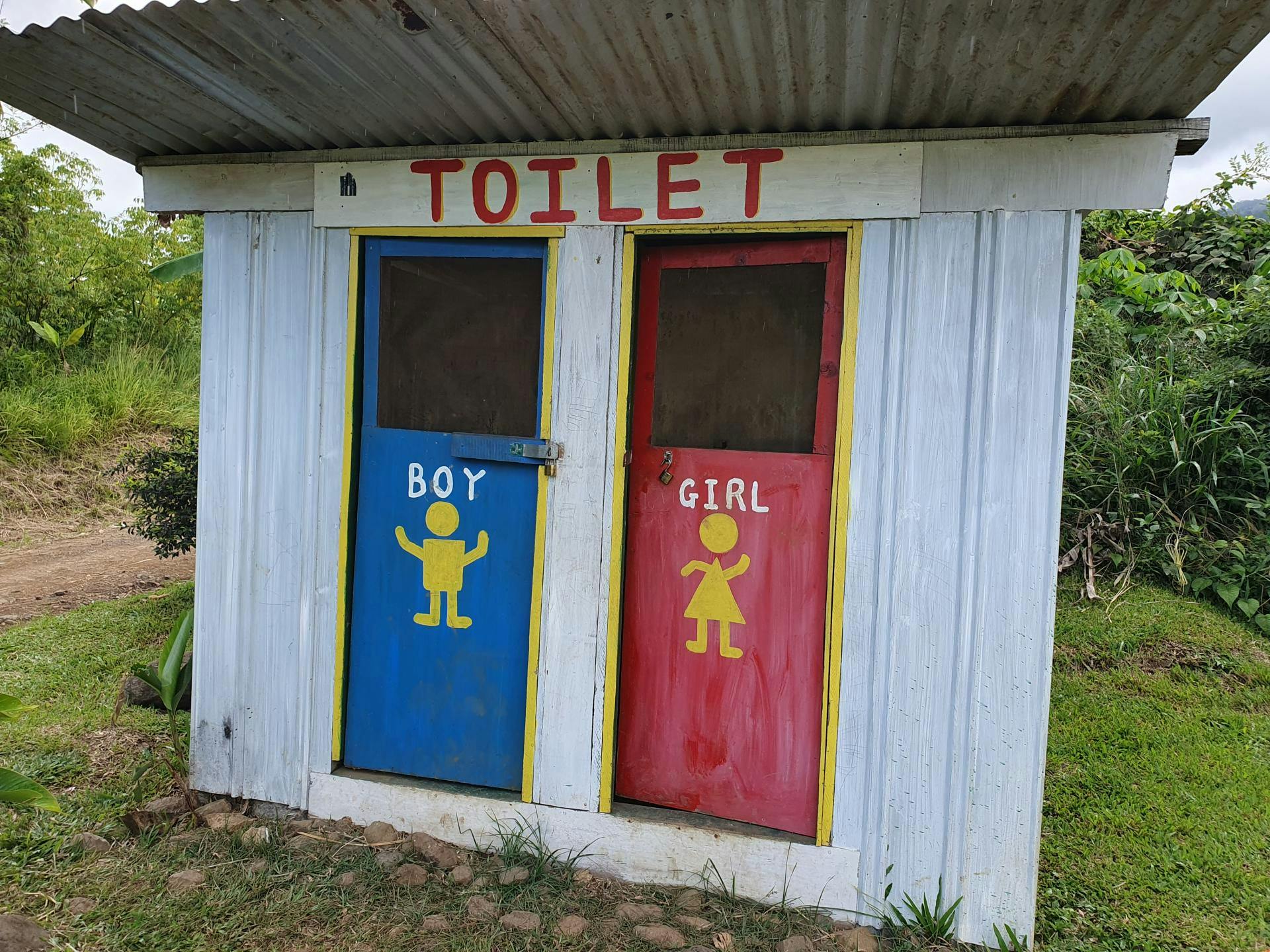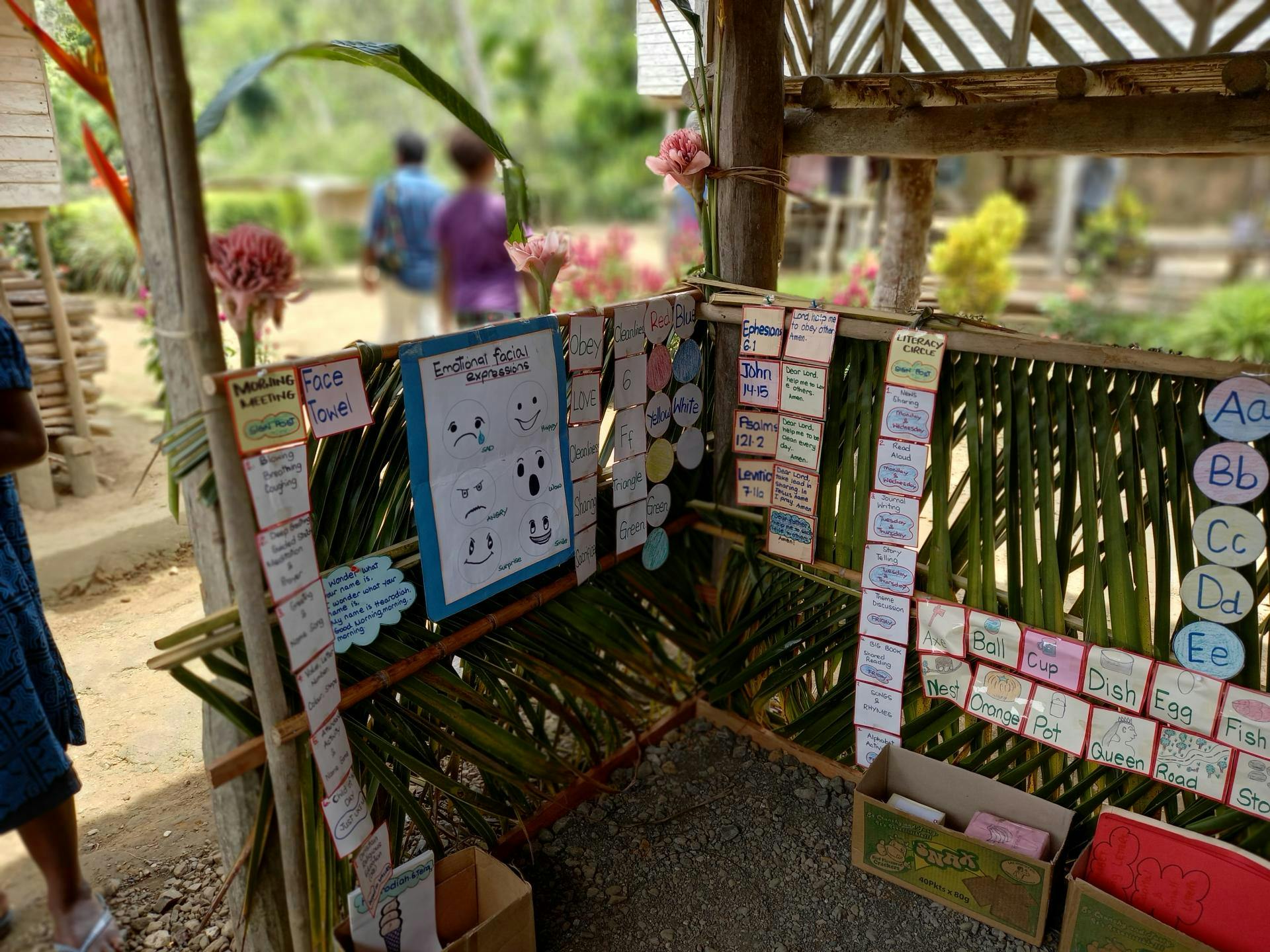
UN0506008
When UNICEF and governments come together
Home
Stories
When UNICEF and governments come together
Children in participating countries receive the best start in life and thrive in a healthy stimulating and safe environment.
This is the motivation that prompted UNICEF Aotearoa’s 5 year Negotiated Partnership with the Ministry of Foreign Affairs and Trade (MFAT) to make a difference to the lives of children in 5 countries within the Pacific, including Papua New Guinea.
This partnership focuses on the core aspects of a child’s healthy development: early childhood care and education (ECCE), access to clean water and sanitation (WASH) and child protection. The partnership kicked off in 2021 and has been an inspirational coming together of stakeholders such as UNICEF Aotearoa, UNICEF Pacific, UNICEF Australia and UNICEF Paupa New Guinea, UNICEF Timor-Leste with the pivotal support of MFAT, the New Zealand, Australian and Papua New Guinea governments. They all share a vision of a better future for tamariki, where basic access to resources such as clean, running water, early childhood care and education and protection of child rights has not been easily accessible to the predominantly rural communities. Until now… Some of UNICEF Aotearoa’s team joined the site visits to Papua New Guinea early in March and we sat down with team member Victoria Fray, who not only heads up the WASH programme but who is also a water and sanitation engineer. Like everyone on the trip, Victoria was deeply moved from seeing the tangible results already starting to be felt by these communities.

UNICEF Aotearoa (UA): Can you tell us a little bit more about the finer details of the Negotiated Partnership program in Papua New Guinea?
Victoria Fray (VF): Yeah, so it's actually a convergence program. Without getting too complicated, it's a partnership between the New Zealand government, UNICEF Aotearoa, UNICEF Australia and the Australian government. So, to co-ordinate that actually really takes a lot of work but it’s quite amazing to see how this partnership has come together with two governments whose respective UNICEF National Committees are co-ordinating the funding into a single program.
UA: Talking of funding for a programme like this, how does it work?
VF: When there’s proposed funding from the New Zealand government, through MFAT, they say, ‘we'll give you 80% and you have to fundraise 20%’. So UNICEF’s job is to fundraise the remaining 20% to make up the total amount. We then go out and ask donors to help raise those funds. One of our most significant donor contributions for this particular programme in Papua New Guinea has been the Latter Day Saints Charity in Aotearoa, representatives of which joined us on the trip.
UA: But it’s not just about funding, we need local partners on the ground to help make the vision a reality?
VF: Absolutely. There's all of the players in Papua New Guinea such as the Papua New Guinea governments (national and local level), UNICEF Papua New Guinea, the local implementing partners, like suppliers, facilitators and contractors, who are actually doing the work as well. So there's so many different puzzle pieces that have to come together to make this program work.
“You can't do hand washing if you don't have a place to wash your hands!”
UA: There are 3 goals of this Negotiated Partnership- ECCE, WASH and Child Protection. Can you talk us through each, why you’ve identified these as imperative to the mahi UNICEF Aotearoa is facilitating?
VF: Let’s start with childhood protection. What that means in a practical sense, is that there’s a big focus on registering births. Something that's really simple and totally taken for granted in New Zealand is that when a baby is born, that birth is registered and they are given a legal name. There's a two month timeframe for that to happen in New Zealand where you have to actually name the baby and all the legalities around this. That's not a given in Papua New Guinea. So that's part of protecting children; to give them that registration and that identity because without it, it's very difficult for them to get an education.
Then there’s supporting early childhood care and education (ECCE). Part of that is to have early childhood officially recognized, because that's quite a new step in the education program in Papua New Guinea. Primary schooling and secondary schooling has been around for a long time yet early childhood education is quite a new concept – in 2021 the need for one year of preschool education was officially recognised for the first time. In New Zealand, we've had kindergartens and preschools as part of our education structure for decades and decades. So that's something that we are supporting, that there's now an official recognition of early childhood education, which is a really big part of the program.
Then finally there is the water, sanitation and hygiene component (WASH), which is both the physical installation of these facilities but also incorporating them into the curriculum of the schools. You can't do hand washing if you don't have a place to wash your hands! And further on, if these structures are going to be used, it’s about changing behaviour so teachers will be educating on hand washing, safe drinking at school and the use of proper toileting. Another important part to the WASH component is to encourage girls to use the toilets when menstruating and to promote this as a safe place for them to do so; to be able to wash and change if they need to. This is important because it's really common for girls when they are menstruating to stay away from school- they're missing out on 25% of their schooling if they stay away every time they have a period.

©UNICEF Aotearoa
“If we can influence the children positively, they then go home and influence their families.”
UA: You’re really passionate about this programme can you tell us what gets you excited about it?
VF: I have a particular technical interest in the WASH component of the program because my background is in water and wastewater engineering. I love the hardware/ technical aspects of WASH and can talk about it all day. But the most important part of WASH is what we call the ‘software’ side of it, which is the education and behaviour change needed for it to be successful. People's mindsets and what they do automatically is set when they are of school going age. This is why it's really important at a school level to have a focus on developing good hygiene behaviours, because they will stay with those children through their life. But even more importantly, if we can influence the children positively, they then go home and influence their families.
UA: What has been the most challenging part of getting this program from conception to reality?
VF: There’ve been a lot of challenges! The first was getting it across the line. So I mentioned earlier the number of players who were involved in this program, and so that's a little unusual to have that many because it can make it more complicated. To get it approved and funded by our government and the Australian government, to then get it through the UNICEF system was a lot of mahi. But we did it! We had a lot of curve balls once the program started. Covid was a massive challenge in Papua New Guinea, it affected the country heavily. We had people we were working with and who were involved in the UNICEF whānau who were very directly affected by Covid. They were dealing first-hand with bereavements and partners and family members who succumbed to Covid. The vaccination rollout became very political and so, staff were not able to travel to the sites because of travel restrictions, which were pandemic related.
And then last year in Papua New Guinea had elections, which caused a lot of political tension and created restrictions in terms of staff movements and security. Following from the elections there was a change in government. A lot of the work that UNICEF had done with the government - to get permission to work, to get buy-in on what we were doing, to consult, to make sure that what UNICEF was planning to do still met with government priorities and needs- had to be redone as new government personnel were appointed.

©UNICEF Aotearoa
Boys and Girls Pit toilets in Hobu early childhood centre, which have been replaced with new flushing toilets as part of UNICEF’s Programme.
UA: What has been the most rewarding part of this project for you personally?
VF: Definitely being able to see the communities benefit from what we do as part of a National Committee. All of us that work at UNICEF whether it’s the International Programmes Team, the Advocacy Team, the Marketing Team etc, we’re all working towards a common goal, which is improving the lives of tamariki and being a part of this project was seeing the realization of this goal. I'm the really lucky person who actually gets to go and see the people that everybody's working to support. So to go out into the communities, I realize that I'm representing all of the people who are back here making it happen. It’s a great privilege to be the one to speak to the people, to interact with the children and to see the systems that they use - the toilets, the rain water tanks, the hand washing systems – having a positive impact.
UA: What is one memorable story that had a profound impact on you, from the trip?
VF: One of the little boys and his mum really touched my heart. The mum is an ECE facilitator and she had set up this amazing home-school underneath her house, which is one of the ECE schools we are funding in the Nawaeb district. Her son is attending it and so he as well as the other kids in the immediate vicinity will be playing and learning there. The most touching part was the pride that she has for it, something that she set up for her children and those of her neighbours that she never would've experienced when she was a child. She was so careful how she had arranged it all and she'd made everything herself, from the alphabet letters and the colourful objects. She'd drawn them all, cut them out to the different shapes, coloured them all in, and had put them up under the wall and decorated that space all herself, which was really amazing. Her husband was also so proud of his wife and the work that she had done. She’d really taken that initiative, ran with it and did something really beautiful using a lot of local materials.

©UNICEF Aotearoa
Lovingly handmade learning resources under Gima’s house.
This is just the beginning… the Negotiated Partnership is a long game. If this is what the results are after only 2 years – 2 very challenging years for the people of Papua New Guinea- we’re excited to see what this looks like in the remaining 3 years of the programme, which will set up tamariki and their communities, for decades to come.